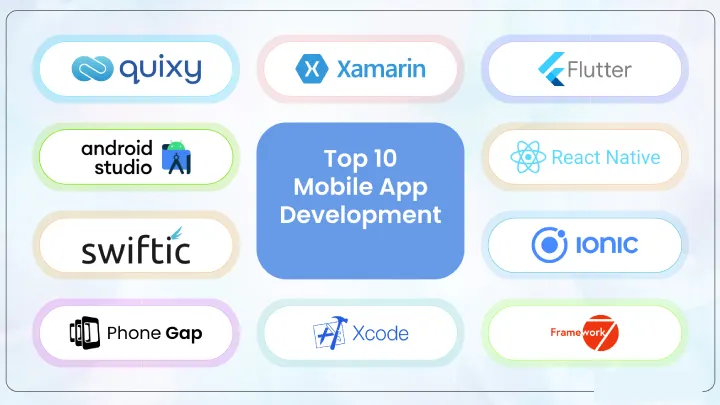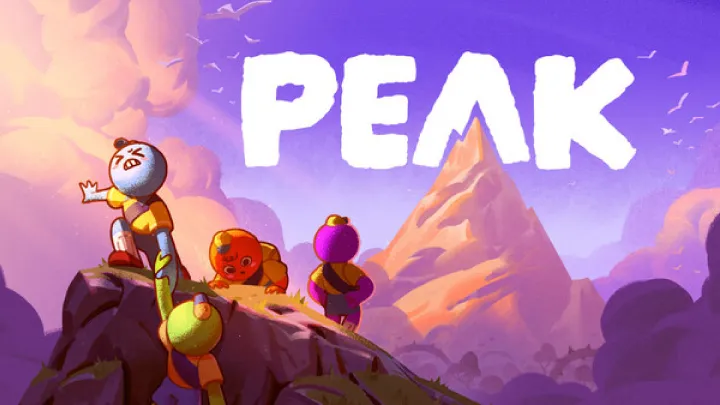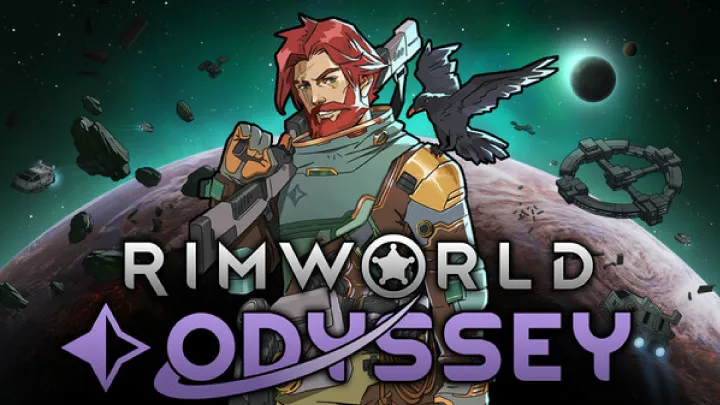Introduction
Single-player games have long been celebrated not just for their gameplay mechanics, but for the stories they tell. A great narrative can turn a simple game into a deeply immersive experience that lingers long after the controller is put down. Over the years, developers have experimented with intricate character development, branching choices, cinematic storytelling, and emotional depth, elevating games to the level of interactive art.
Games like The Last of Us, Red Dead Redemption 2, and The Witcher 3 exemplify how single-player experiences can captivate players with rich narratives, memorable characters, and morally complex choices. These stories are not merely side notes to gameplay—they are the central experience, creating worlds that feel alive and emotionally engaging.
A strong narrative in a single-player game allows players to connect deeply with characters, understand motivations, and sometimes even make choices that influence the story’s outcome. From epic adventures across sprawling landscapes to intimate, personal journeys, story-driven games offer a form of entertainment that is both interactive and profoundly human.
In this article, we will explore five single-player games with stunning stories, analyzing their gameplay, narrative design, impact on the industry, and why they continue to resonate with players worldwide.
1. The Last of Us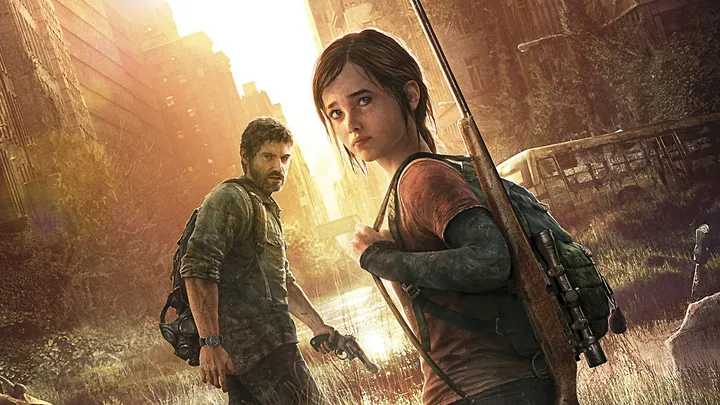
Overview
Developed by Naughty Dog and released in 2013, The Last of Us is a post-apocalyptic action-adventure game that blends survival mechanics with cinematic storytelling. The game follows Joel, a hardened survivor, and Ellie, a teenage girl, as they traverse a United States ravaged by a fungal pandemic.
Story and Narrative
The strength of The Last of Us lies in its character-driven narrative. Joel’s initial moral ambiguity gradually evolves as he bonds with Ellie, creating a father-daughter dynamic that is both heartfelt and complex. The story explores themes of loss, survival, and the lengths people will go to protect those they love.
Ellie’s growth is equally compelling, as she transitions from a naive survivor to a capable, resilient young woman. The narrative does not shy away from emotional weight, including moments of tragedy, betrayal, and moral ambiguity that challenge players’ perspectives.
Gameplay
The Last of Us combines stealth, combat, and exploration. Players must manage limited resources like ammunition and crafting materials, emphasizing survival in a hostile environment. The gameplay mechanics reinforce the narrative, creating tension that complements the emotional stakes.
Impact
The Last of Us redefined narrative expectations in video games, showing that interactive media could rival film in storytelling depth. Its influence can be seen in subsequent narrative-driven games, and the release of The Last of Us Part II expanded the story with even greater complexity and emotional depth.
Pros and Cons
Pros:
- Deeply emotional and character-driven story
- Immersive post-apocalyptic world
- Tight integration of gameplay and narrative
Cons:
- Some combat scenarios may feel repetitive
- Emotional intensity may not appeal to all players
2. Red Dead Redemption 2
Overview
Released by Rockstar Games in 2018, Red Dead Redemption 2 is an open-world Western that combines cinematic storytelling with immersive gameplay. Players follow Arthur Morgan, a member of the Van der Linde gang, navigating loyalty, morality, and survival in the late 1800s American frontier.
Story and Narrative
Red Dead Redemption 2 excels at world-building and character development. Arthur Morgan’s journey is deeply personal, highlighting the decline of the Wild West and the complexities of outlaw life. The game explores themes of loyalty, family, redemption, and the consequences of choices.
Narrative moments, from small character interactions to large-scale story arcs, feel organic and dynamic. Side quests often expand on the game’s moral and emotional depth, ensuring that every aspect of the world contributes to the overall story.
Gameplay
The game combines horseback riding, hunting, combat, and exploration. Players can interact with NPCs, make moral choices, and influence the world around them. The realism in mechanics—from maintaining weapons to surviving harsh weather—enhances immersion.
Impact
Red Dead Redemption 2 set a benchmark for storytelling in open-world games, demonstrating how narrative and world-building can coexist seamlessly. Its cinematic approach and attention to detail influenced both mainstream and indie developers.
Pros and Cons
Pros:
- Epic storytelling with rich character development
- Highly immersive open world
- Moral choice and consequence system
Cons:
- Slow-paced gameplay may not suit all players
- Some repetitive tasks in side quests
3. God of War (2018)
Overview
God of War (2018), developed by Santa Monica Studio, reimagines the classic action series with a focus on narrative depth and emotional storytelling. Players control Kratos, now a father, alongside his son Atreus, in a journey through Norse mythology.
Story and Narrative
The father-son relationship drives the narrative. Kratos, known for his rage in previous games, is portrayed as a mentor and protector, struggling with his past while guiding Atreus. Themes of fatherhood, redemption, and legacy are central, with mythological lore enriching the story without overshadowing character development.
Gameplay
God of War blends third-person combat with puzzle-solving and exploration. Players can customize Kratos’ weapons and abilities, engaging in intense battles while experiencing a story that unfolds organically through dialogue, cinematics, and environmental storytelling.
Impact
The 2018 God of War demonstrated that even action-heavy franchises could evolve to emphasize narrative and emotional depth. Its success inspired other franchises to prioritize storytelling alongside gameplay innovation.
Pros and Cons
Pros:
- Emotional father-son narrative
- Engaging combat integrated with story
- Richly detailed Norse mythology setting
Cons:
- Linear progression compared to open-world titles
- Some combat mechanics may feel repetitive
4. BioShock Infinite
Overview
Developed by Irrational Games and released in 2013, BioShock Infinite is a first-person shooter with a thought-provoking story set in the floating city of Columbia. Players control Booker DeWitt, a man tasked with rescuing Elizabeth, a mysterious woman with supernatural abilities.
Story and Narrative
BioShock Infinite’s narrative tackles themes of American exceptionalism, identity, and alternate realities. The relationship between Booker and Elizabeth drives the story, with Elizabeth’s character providing guidance, insight, and emotional resonance throughout. The plot includes unexpected twists that challenge players’ perceptions and leave a lasting impression.
Gameplay
The game combines gunplay with “Vigors,” supernatural powers that offer strategic combat options. Exploration of Columbia, puzzle-solving, and interaction with NPCs enrich the narrative experience. Elizabeth’s AI companion adds depth, making the story feel interactive and personal.
Impact
BioShock Infinite showcased how FPS games could deliver complex narratives and philosophical themes, influencing narrative design in first-person shooters and other genres.
Pros and Cons
Pros:
- Deep, thought-provoking story
- Memorable characters and dialogue
- Innovative combat mechanics
Cons:
- Story may be confusing without full attention
- Some gameplay sections feel repetitive
5. The Witcher 3: Wild Hunt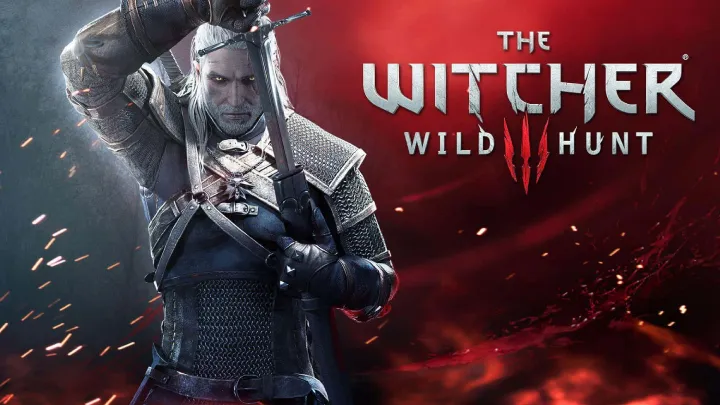
Overview
The Witcher 3: Wild Hunt, developed by CD Projekt Red in 2015, is an open-world RPG that combines deep narrative, rich lore, and complex character interactions. Players control Geralt of Rivia, a monster hunter navigating a morally ambiguous world.
Story and Narrative
The Witcher 3 is renowned for branching storylines, rich side quests, and morally complex choices. Main story arcs involve Geralt searching for his adopted daughter Ciri, confronting political intrigue, and battling supernatural threats. Dialogue choices and consequences shape the world, making each playthrough unique.
Gameplay
Players explore massive open-world environments, complete quests, engage in combat with swords and magic, and interact with diverse NPCs. The game’s detailed world-building and side content reinforce narrative immersion.
Impact
The Witcher 3 set new standards for narrative depth in open-world RPGs. Its storytelling, character development, and morally complex choices influenced countless RPGs and solidified CD Projekt Red’s reputation.
Pros and Cons
Pros:
- Expansive, immersive world with deep lore
- Rich, branching storylines with player choices
- Memorable characters and quests
Cons:
- Large world can be overwhelming
- Combat may feel repetitive over extended play
Conclusion
Story-driven single-player games offer experiences that go beyond simple mechanics or graphics. Titles like The Last of Us, Red Dead Redemption 2, God of War (2018), BioShock Infinite, and The Witcher 3 demonstrate how immersive storytelling can elevate gameplay, leaving players emotionally invested and reflecting on the choices and journeys they experience.
These games prove that a compelling story can transform a game into a memorable experience, blending interactivity with narrative depth. For anyone seeking games that combine rich storytelling, memorable characters, and engaging gameplay, these five titles are essential experiences, each offering a unique window into the art of storytelling in video games.










